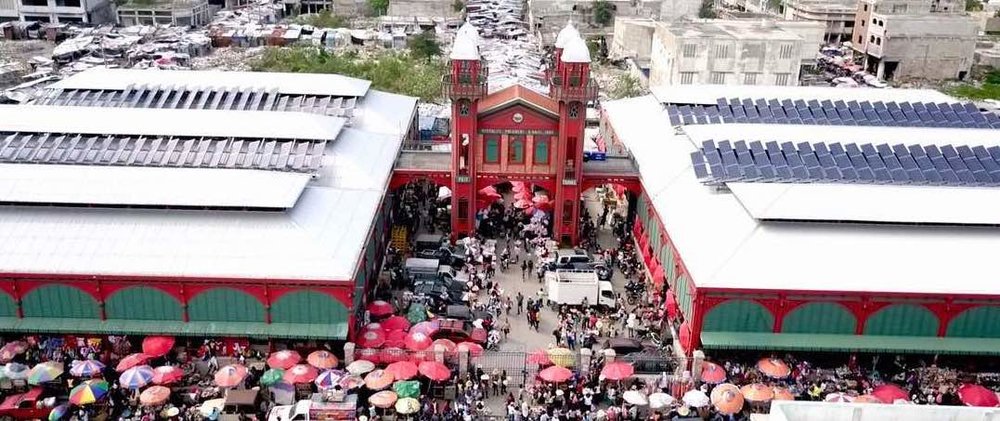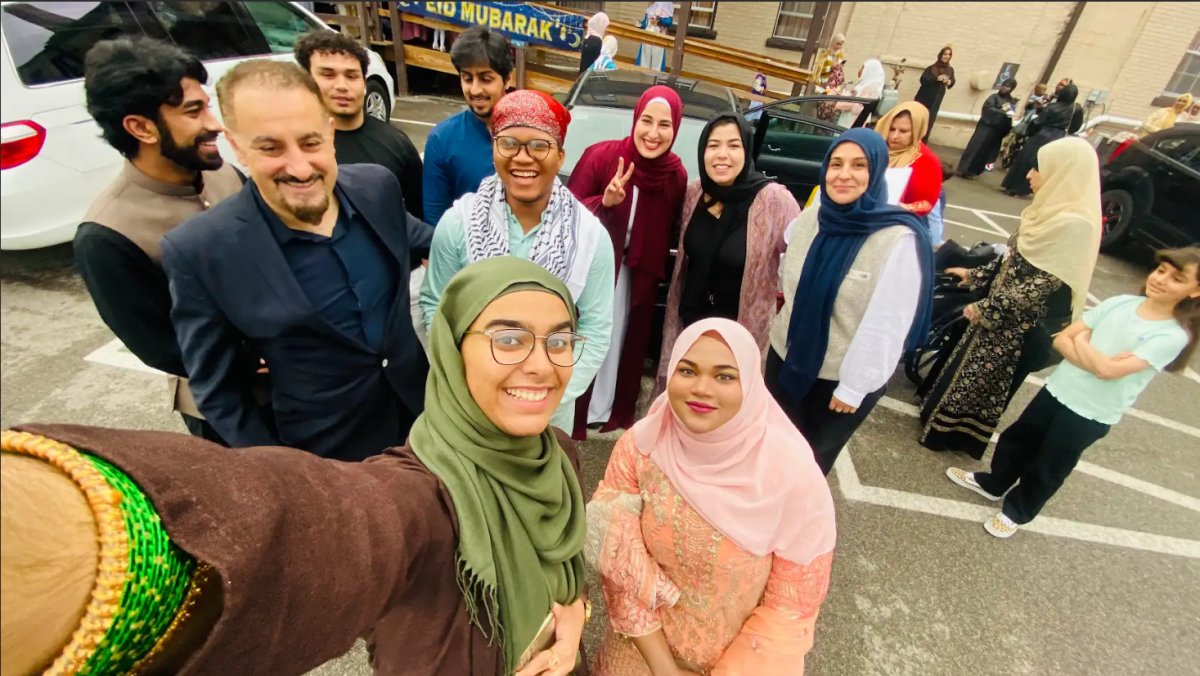A 6.8 magnitude earthquake struck the Al-Haouz province in the Marrakesh-Safi region of Morocco on Sept. 8 resulting in around 3,000 deaths and 6,000 injured people, according to CBS News. The natural disaster especially impacted the remote mountain villages located on the High Atlas mountain range.
Despite hundreds of people buried under rubble and extensive aid required to help victims, the government of Morocco — under the sovereign rule of King Mohammed IV— has been reluctant to accept any foreign aid from any country other than the United Kingdom, Qatar, United Arab Emirates and Spain, according to Al Jazeera. The focus is on Moroccan organizations and those accepted “friendly” countries to provide aid.
“I feel bad,” said Youssef Chakrouf, ’27, a Moroccan student studying at Allegheny. “I know people who were affected and it is a pretty sad moment.”
Chakrouf is from Casablanca, the largest city in Morocco. It is located around 180 miles — or a 3 hour and 50 minute car ride — from the epicenter of the Sept. 8 earthquake.
“It did not affect us as much,” Chakrouf said. “People in Casablanca live in big houses while people in the mountains live in poorly-built houses.”
Chakrouf happened to be talking to his little brother — who lives in Casablanca — when the earthquake happened.
“He described it, and I quote, as, ‘A party with no sound,’” Chakrouf said. “He later told me that some of his friends experienced a little damage like broken vases and some did not experience any damage. I did not believe him at that moment so I called my dad to prove that there really was an earthquake.”
Chakrouf’s mother was sleeping during the earthquake.
“She felt the shaking, she thought it was her daughter trying to wake her up, but when she got up, my sister was not in the room,” Chakrouf said. “She went to the bathroom and saw the mirrors shaking and realized there was an earthquake going on.”
Chakrouf attended the American Academy of Casablanca and during his time there, he started and became president of a service club.
“If I was there, I would have organized my group and helped out,” Chakrouf said.
Currently, his alma mater is making efforts to help by getting the student body to organize supplies for the victims, according to recent posts made under their Instagram account, @americanacademycasablanca.
Larger organizations, like banks, are also contributing to the ongoing aid and rescue efforts.
“I still have access to my bank account in Morocco on a separate phone and they sent me a notification asking me to donate,” Chakrouf said. “My dad and I have both donated through our banks.”
Chakrouf’s compassion for the victims echoes sentiments shared by other Moroccans living in the U.S. who want to help out. Lahoucine Lhamous, an immigrant from Morocco who now resides in California, lost family members and friends during the earthquake. In order to help the victims, Lhamous and his wife, Lysa Munson, started a GoFundMe, “to get resources right to those communities,”according to CBS News.
Dounia Tamri-Loeper, a Moroccan native who currently resides in Chester County, Pennsylvania, is helping earthquake victims by collecting donations and sleeping bags according to NBC News.
“It was impossible for her to sit by and do nothing,” the article said.
In the chaos of ruined villages, deaths, missing persons, and misplaced citizens, Moroccans living outside of the country try to help, especially through donations.
“Moroccans are very generous people,” Chakrouf said. “Being Moroccan is not just about living and being born there, it is about the traits of a Moroccan — it is a brotherhood.”
Categories:
A Moroccan student’s perspective on the earthquake
A Moroccan’s perspective
Story continues below advertisement
0
More to Discover







